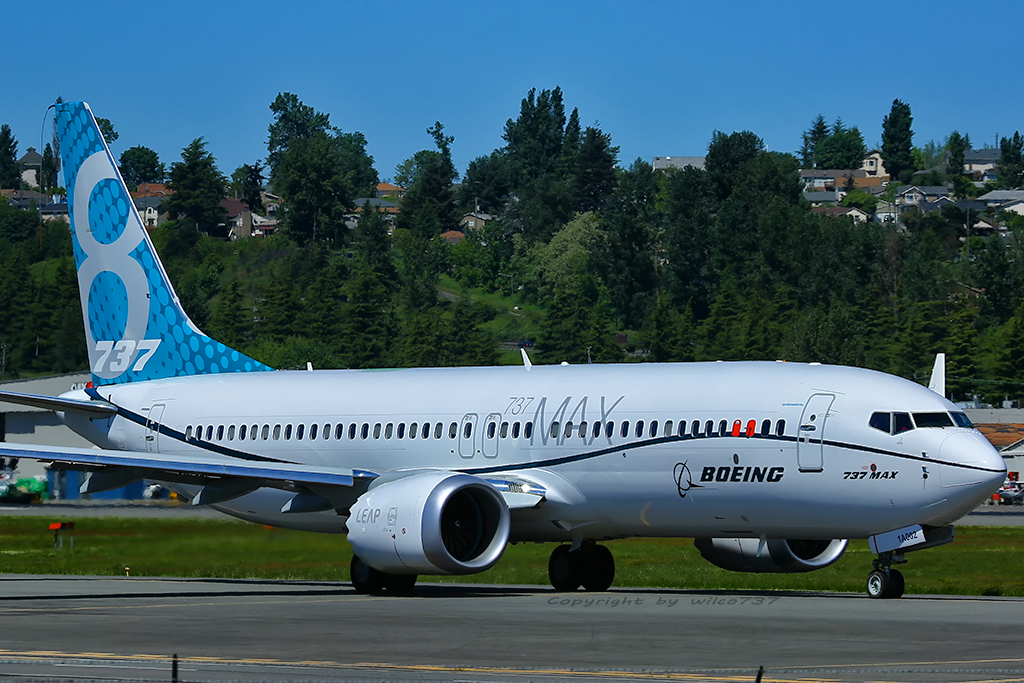In a world where air travel is synonymous with speed and convenience, one former Boeing senior manager’s decision to disembark a plane moments before takeoff speaks volumes about the ongoing concerns surrounding the 737 Max. Ed Pierson, who spent a decade at Boeing and testified to Congress about safety issues, made headlines when he refused to fly on a 737 Max, underscoring persistent worries about the aircraft’s safety.
Pierson’s experience unfolded as he prepared to fly from Seattle to New Jersey with Alaska Airlines. Despite his careful selection of a flight that did not use a 737 Max, he found himself boarding one. Upon realizing the aircraft model, Pierson did not hesitate to leave the plane, opting to spend the day at the airport and catch a red-eye flight instead. This incident occurred before the January Alaska Airlines door-plug blowout, an event that reignited safety concerns and led to temporary grounding of certain models.
The whistleblower’s actions are rooted in his intimate knowledge of Boeing’s operations, particularly the 737 factory in Renton, Washington. Pierson has been vocal about witnessing overworked employees, parts shortages, and quality issues during his tenure, which he believes compromised the safety of the planes produced there. His concerns were so grave that he recommended shutting down production at the factory, advice that was ignored by the company’s leadership.
Pierson’s testimony to Congress in 2019 came after two tragic Max 8 crashes that claimed the lives of nearly 350 people. These accidents brought Boeing’s safety practices into sharp focus, leading to scrutiny from the Federal Aviation Administration and the public at large. The recent Alaska Airlines incident, where a door plug detached midair, and other reported issues with different Boeing models, have only added to the unease.

The narrative of Boeing’s safety lapses is further complicated by the untimely death of another whistleblower, John “Mitch” Barnett. His passing, which officials declared a suicide, occurred amidst a deposition in his civil suit against Boeing. Barnett had been a staunch critic of the company, raising alarms about safety violations at Boeing’s Charleston plant and the potential catastrophic consequences of ignored defects.
These whistleblowers’ revelations paint a troubling picture of a company once heralded for its reliability. The decline in Boeing’s reputation is not just a corporate crisis but a reflection of the broader issues within American capitalism, where profit motives often overshadow human safety. The ongoing saga at Boeing serves as a stark reminder of the need for stringent oversight and accountability in industries that hold human lives in their hands.
We continue to track Boeing’s journey during these turbulent times, the actions of individuals such as Pierson and Barnett serve as a powerful reminder of the importance of advocating for safety and integrity. Their narratives urge all aviation industry stakeholders to prioritize the safety and well-being of passengers and crew above all else.
Related posts:
A Boeing whistleblower says he got off a plane just before takeoff when he realized it was a 737 Max
Boeing whistleblower, found dead last week, told family friend, “If anything happens to me, it’s not suicide.”





